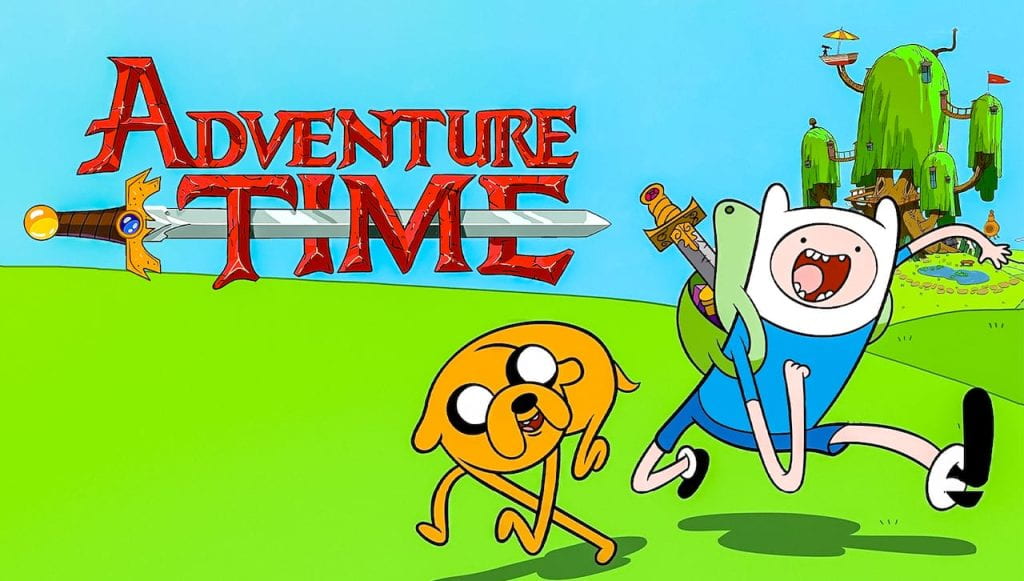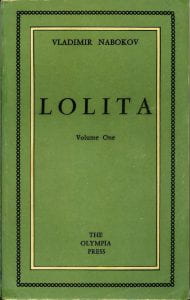
Ladies and Gents, buckle yourselves up for the wild ride that is Contemporary Slang 101. This is where we’ll get down and groovy with the words that young’uns are using these days. If you were born before the year 2000, this is for you…
Think of it as a crash course in street-smart lingo, an introduction into a secret society of cool, or a lesson into “how to impress your friends while sounding like you’re still in touch with reality.”
So, what exactly is “contemporary slang?”
It’s the language of the people, the pulse of the youths, the verbal expression of all things #HipAndHappening. It’s what you hear when your kids talk to their mates, or when you’re scrolling through TikTok or memes (we’ll get to those). And just like fashion, these terms change faster than you can say “Who wore it better?”
So why don’t we start decoding this charming and colourful collection of words and phrases, so that we sound a bit less like our grandpas, and more the kool-gang who play ruggers (no offence grandpas!)

Abbreviations
Many slang terms take the form of initialisms, contractions and acronyms. Take:
- LOL (Laugh out loud); RO[T]FL (Rolling on [the] floor laughing)
LOL does NOT mean “lots of love,” so don’t tell your children “Sorry you failed your test, honey, lol” …
The term was first used in the 1980s by Wayne Peterson, to denote a more extreme laughter than “hahaha,” and whilst the meaning mostly remains, today, the term in all lower-case is occasionally used ironically to convey the lack of funniness of something.
Example:
A “Why did the chicken cross the road? To get to the other side!”
B “lol” (i.e you’re not funny)

Other examples of abbreviations:
- tbh/tbf – to be honest/ to be fair
- smn/sm1 – something/someone
- icl/ngl – i can’t lie/ not gonna lie (to be serious about smn)
- alr – alright/ok
- np – no problem
- acc – actually
- fr – for real (are you serious; acc?)
- bae – “before anyone else” (a significant other)
- bf, bff, gf – boyfriend, best friend (bff), girlfriend
- idk – I don’t know
- irl – in real life
- [gonna – going to ( can be used irl)]
(Use at your own caution.)
Example:
“we r alr to come over later, idk if ur still free”
Translation: “we are alright to come over later, not sure if you’re still free…”
Food
Many words take the form of synonyms in slang. One of the most common words that take slang, is “food.”
The most common is “scran,” which as originally slang for a “bar tab,” in the 1700s. Later, it was coined as a verb, “out on the scran” meaning begging for food. Scran was often used to describe scrappy pieces of food or left over, until the military began using it to mean “ration meals.” It is likely to have been influenced by the word skran, Icelandic for junk.
The term “bussin” is said to have come about from TikTok, where a trend of “furiously gripping food” became a way to show its deliciousness. Food hence crumbled and burst into pieces, which led to the word “bussin” being used to describe tasty scran.
The term “peng” is also commonly used to describe something as impressive, or appealing, for example, “this cake is peng!” It was derived from the word for cannabis popularised by reggae music, Kushungpeng, but bares no relation to drugs at all in a modern context.
In order to describe food as average, or rubbish, the default is “mid,” suggesting mediocrity or “mid-of-the-range”, or “wack,” originally African-American vernacular, now meaning bad.

Contemporary idioms
This is probably the hardest part to grasp. A lot of teenagers and children form their personality from an overdose of social media, leading to them talk in riddles, dressing up like every other person who uses Instagram, and glued to their phones.
Contemporary idioms are a collection of random phrases used as “default reactions” to things, with little or no meaning, relevant or not. The constant use of these have become commonplace, so here we go…
- No Cap
If something is “no cap,” it is true, and not a lie. One interpretation of this is how caps are used to hide things: contents of a bottle, an ugly haircut etc. So for there to be no cap, everything is honest, and revealed…
- Rent free
If you just can’t stop thinking about something, or something is iconic, we say it lives “rent free” in my head, as it pays no bills to the landlord that is forgetting.
- Caught in 4k
You’re caught eating Marmite in a no Marmite zone! We’d say you’ve been “caught in 4K” (caught red handed).
- Mission failed successfully
You accidentally fall off a tightrope, but end up landing on a double backflip. You failed, but did something cool. Your mission? Failed successfully.
- Bare
Whilst conventionally it means “a lacking of,” it’s most commonly used to mean “a lot of” or “really.” That’s bare weird!
- Lowkey
Lowkey, it’s used as a quantifier like “kind of” or “pretty.” However, lowkey is used to voice a non-personal opinion, to avoid offending someone. You might be thinking: lowkey that’s kinda weird?
Well there you have it: a taster into the world of slang.
Also, 12 more UCAS points 😉

 Lolita is one of those pieces of art that lives in a state of liminality. Once banned as pornography, “Lolita” or Dolores Haze, became a staple in modern pop culture, even luring in her own celebrity fans from Nick Cave to Lana Del Rey. Her iconic red-heart glasses and cherry-painted lips would become symbols of seductive female sexuality, but we often forget the true Dolores, the young girl “standing four feet ten in one sock,” and remember instead the “nymphet,” a type of girl the narrator describes as “between the age limits of nine and fourteen… who bewitch travellers, twice or many times older than they, and reveal their true nature which is not human, but nymphic.”
Lolita is one of those pieces of art that lives in a state of liminality. Once banned as pornography, “Lolita” or Dolores Haze, became a staple in modern pop culture, even luring in her own celebrity fans from Nick Cave to Lana Del Rey. Her iconic red-heart glasses and cherry-painted lips would become symbols of seductive female sexuality, but we often forget the true Dolores, the young girl “standing four feet ten in one sock,” and remember instead the “nymphet,” a type of girl the narrator describes as “between the age limits of nine and fourteen… who bewitch travellers, twice or many times older than they, and reveal their true nature which is not human, but nymphic.”

 From Big Brother to social media’s central stage, you must have heard of Andrew Tate: he’s a controversial influencer and pyramid scheme owner not particularly known for being… let’s say…”orthodox.” Some may call him a genius, most call him a misogynist (spoilers: he is).
From Big Brother to social media’s central stage, you must have heard of Andrew Tate: he’s a controversial influencer and pyramid scheme owner not particularly known for being… let’s say…”orthodox.” Some may call him a genius, most call him a misogynist (spoilers: he is).



 St. Valentine is speculated to have been a priest in the third century AD, who, when marriages had been banned by emperor Claudius II, arranged them in secret and was subsequently thrown in jail. Having fallen in love with the jailer’s daughter, he sent her a love letter on the day of his execution, 14th February, and signed it “from your Valentine.” And so the seed that grew into the celebration we know today was planted.
St. Valentine is speculated to have been a priest in the third century AD, who, when marriages had been banned by emperor Claudius II, arranged them in secret and was subsequently thrown in jail. Having fallen in love with the jailer’s daughter, he sent her a love letter on the day of his execution, 14th February, and signed it “from your Valentine.” And so the seed that grew into the celebration we know today was planted. So maybe we need to rethink Valentine’s Day and how we celebrate it, and perhaps bring it back to what it is really about: sharing the love that brought about the celebration we now know. The Charity Committee are a great example of this as they are using this celebration to collect money to help the homeless.
So maybe we need to rethink Valentine’s Day and how we celebrate it, and perhaps bring it back to what it is really about: sharing the love that brought about the celebration we now know. The Charity Committee are a great example of this as they are using this celebration to collect money to help the homeless.
